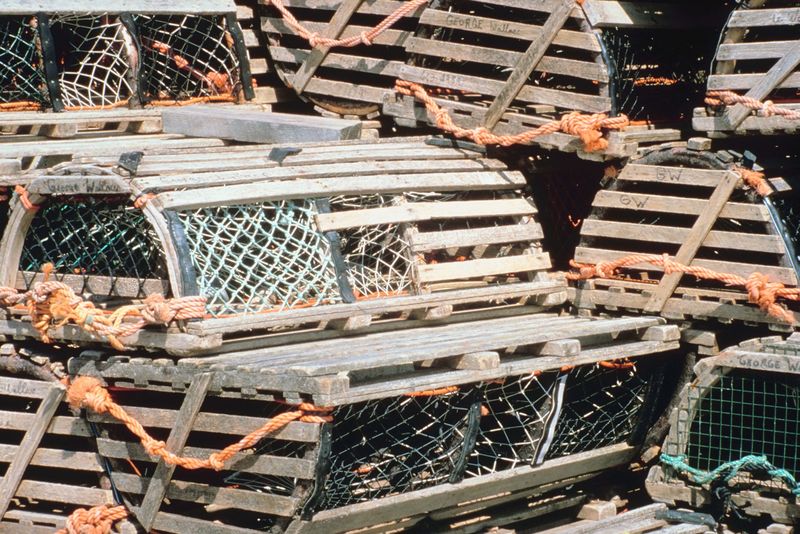The Trump administration is currently making plans to deregulate fisheries across the nation, leading to mixed reactions in the pine tree state.
The President believes deregulation will boost production of lobster and seafood in the Gulf of Maine, adding that only 20% of the seafood we eat comes from US fisheries.
This decision was also spurred on by Maine Representative Jared Golden, who wrote a letter to Trump regarding the issue. “Without your intervention, projections indicate that many commercial fishing operations in New England will become economically unviable within the next 30 years,” Golden said. “This would lead to the collapse of a historic food production industry, the loss of thousands of jobs, the devastation of coastal communities (and) an increased reliance on foreign food.”
Jerry Leeman of the New England Fisherman’s Stewardship Association says Maine fishermen like the idea but want to be involved in the process.
“We think it’s a good idea to have industry to be directly involved with the management of our own resources,” Leeman said. “These are the men and women who have spent a lifetime on the water. No fishermen I’ve ever met would ever want to destroy the natural resource for which we make a living.”
On the other hand, conservationists are concerned about the negative impacts deregulation might have.
“These executive orders don’t loosen red tape – they unravel the very safety net that protects our oceans, our economy, and our seafood dinners,” Beth Lowell, vice president of conservation group Oceana told the Portland Press Herald. “For decades, the U.S. science-based approach to fisheries management has rebuilt declining stocks, kept American fishers on the water, and protected important places and wildlife.”
Another major point of contention includes conservation for the critically endangered North Atlantic right whale, who’s population numbers in the low triple digits.
“You still get other whales entangled in weak rope, and they can’t all break free,” Conservation Law Foundation Senior Counsel Erica Fuller told CBS 13. “If it becomes a wild west on the water, it’s also going to harm the lobster fishery itself and the coastal communities that depend upon it.”
In addition to the Gulf of Maine being impacted, Trump also issued a proclamation allowing commercial fishing in the 495,189 square mile Pacific Islands Heritage Marine National Monument.
To read the original Press Herald article, click here.
To read the original CBS 13 article, click here.






